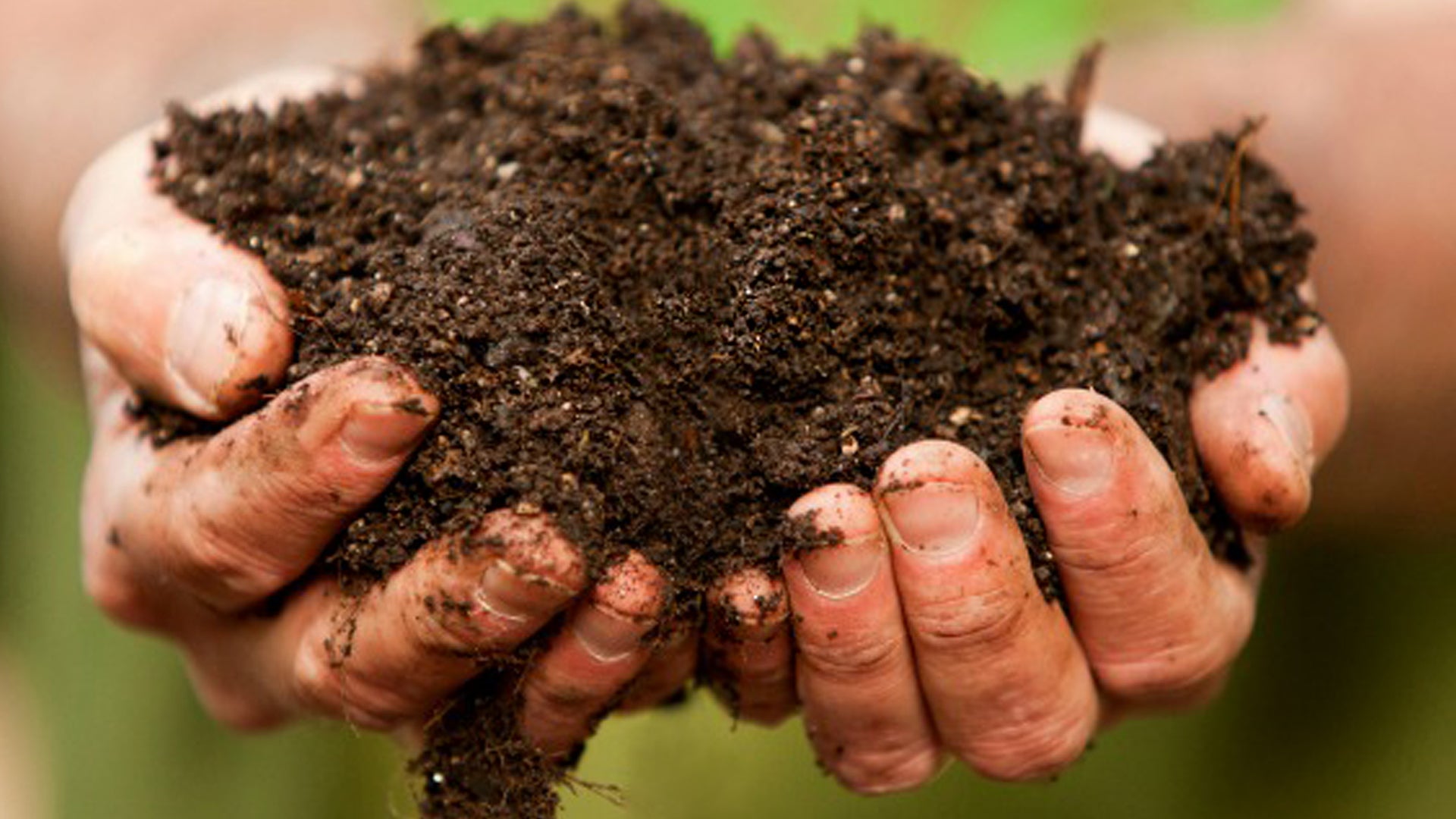LEONOEL = LEON (A collection of clothes for MEN) + N (A collection of NEUTRAL clothes) + NOEL (A collection of clothes for WOMEN). Learn more about our name and our philosophy here.
We use organic cotton in all of our cotton products. Organic cotton and conventional cotton differ in purity, farming, weeding, and manufacturing. Because of the natural crop treatments, organic cotton needs around 85% less water compared to conventional cotton.
To ensure we are buying cotton that is organic as defined by the USDA’s National Organic Program, we work with suppliers who hold Global Organic Textile Standard (GOTS) Certification and Organic Content Standard (OCS) Certification. GOTS is a textile production certification that limits the use of toxic bleaches, dyes and other chemical inputs during the production process of textiles. Learn more about organic cotton.
Order our 2020 Organic Cotton Shirt

Our compostable and biodegradable collection consists of organic and natural fibers such as organic cotton, linen, hemp, silk, and modal.
We stay truthful to the natural patina of these beautiful fibers and keep them undyed and vegetable dyed in our compostable collection, and OEKO-TEX® certified and nontoxic dyed in our biodegradable collection. Learn more about our dye process.
This product is 100% compostable and closes the loop in a biological cycle of recovery. At the end of its life cycle, you may place the shirt in a house-hold compost and the item will decompose within three months of disposal. The soil may be used for organic gardening and other organic farming practices as the shirt has no dyes or toxic chemicals added to the fibers.


*Compostable means that a product is capable of disintegrating into natural elements in a compost environment, leaving no toxicity in the soil. This typically must occur in about 90 days.
*According to the American Society for Testing and Materials (ASTM) biodegradables are anything that undergoes degradation resulting from the action of naturally occurring microorganisms such as bacteria, fungi, and algae.Although biodegradable materials return to nature and can disappear completely they sometimes leave behind metal residue, on the other hand, compostable materials create something called humus that is full of nutrients and great for plants. In summary, compostable products are biodegradable, but with an added benefit. That is, when they break down, they release valuable nutrients into the soil, aiding the growth of trees and plants.


